Is The Housing Market Going To Crash? Here’s What Experts Really Think (And Why You Shouldn’t Panic)
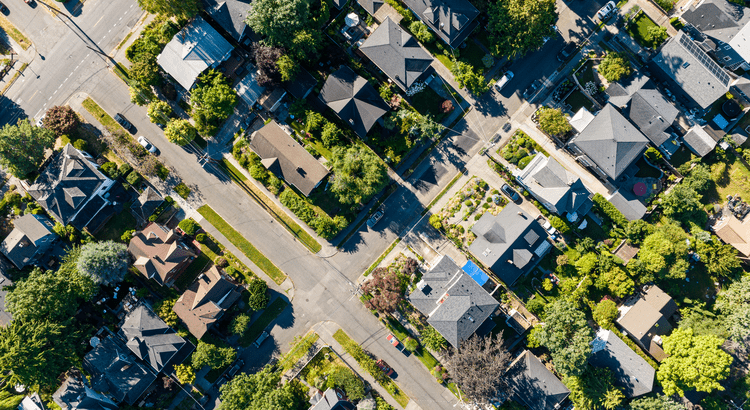
Let’s be honest — you’ve probably seen plenty of social media posts or alarming headlines screaming that a housing market crash is coming. It’s easy to start wondering: Are home values about to plummet again, just like in 2008?
Here’s the truth: the data doesn’t point to a crash — it points to slow, steady growth.
And while the pace of growth may vary from one local market to another, the overall direction remains clear — home prices are expected to rise nationally over the next five years, not fall.
What the Experts Say About Home Prices
Every quarter, Fannie Mae’s Home Price Expectations Survey (HPES) gathers insights from more than 100 top housing market experts — including economists, analysts, and real estate strategists.
And their latest findings? They all agree that home prices are projected to keep climbing through at least 2029.
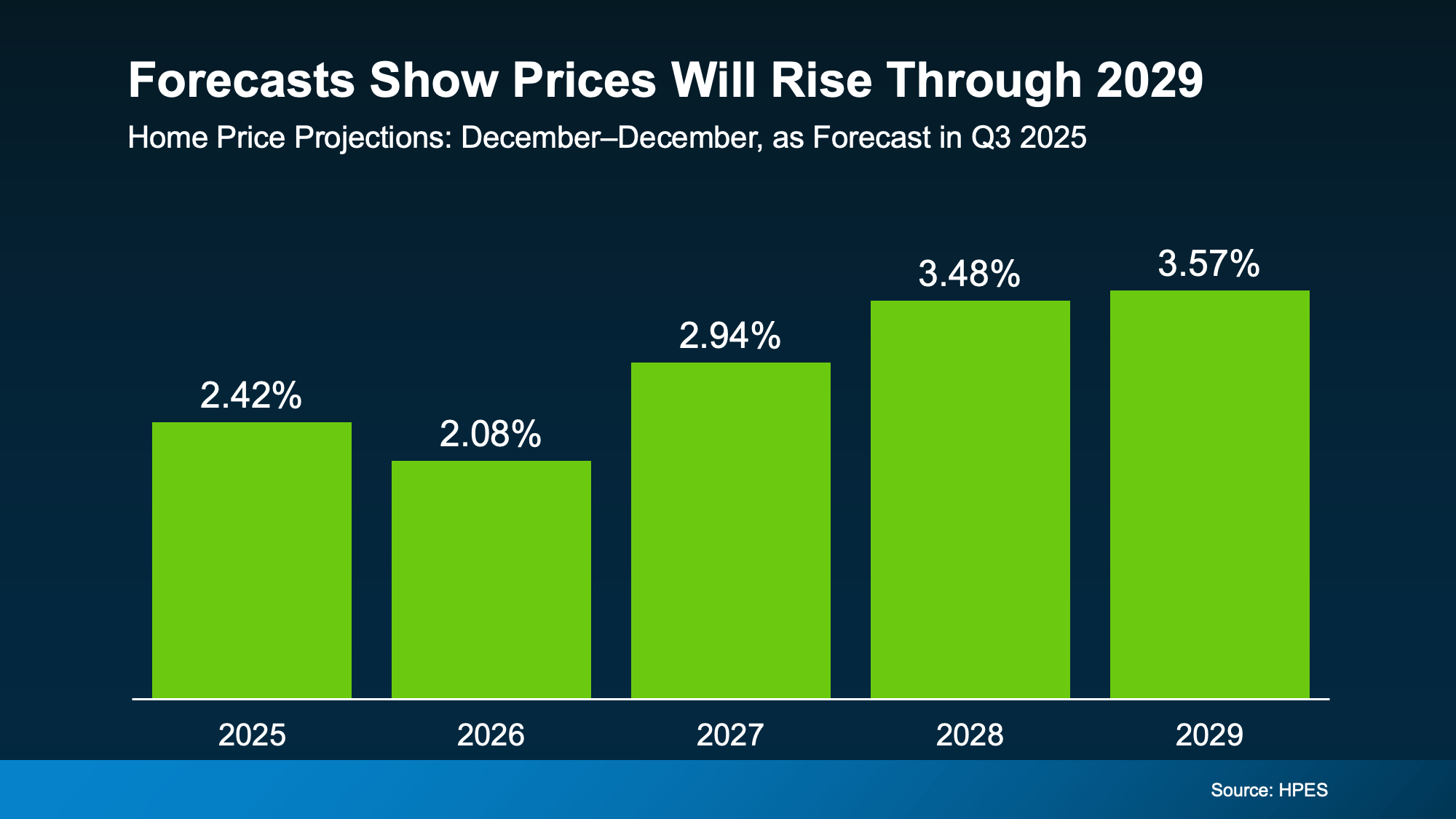
Sure, the rate of appreciation will fluctuate year by year, but the trend line is still moving up — not down.
A Look at the Numbers: Growth Across the Board
When you break down the HPES projections, experts fall into three categories:
-
Optimistic forecasters (those expecting the biggest gains)
-
Average projections (the overall expert consensus)
-
Pessimistic forecasters (those expecting the smallest gains)
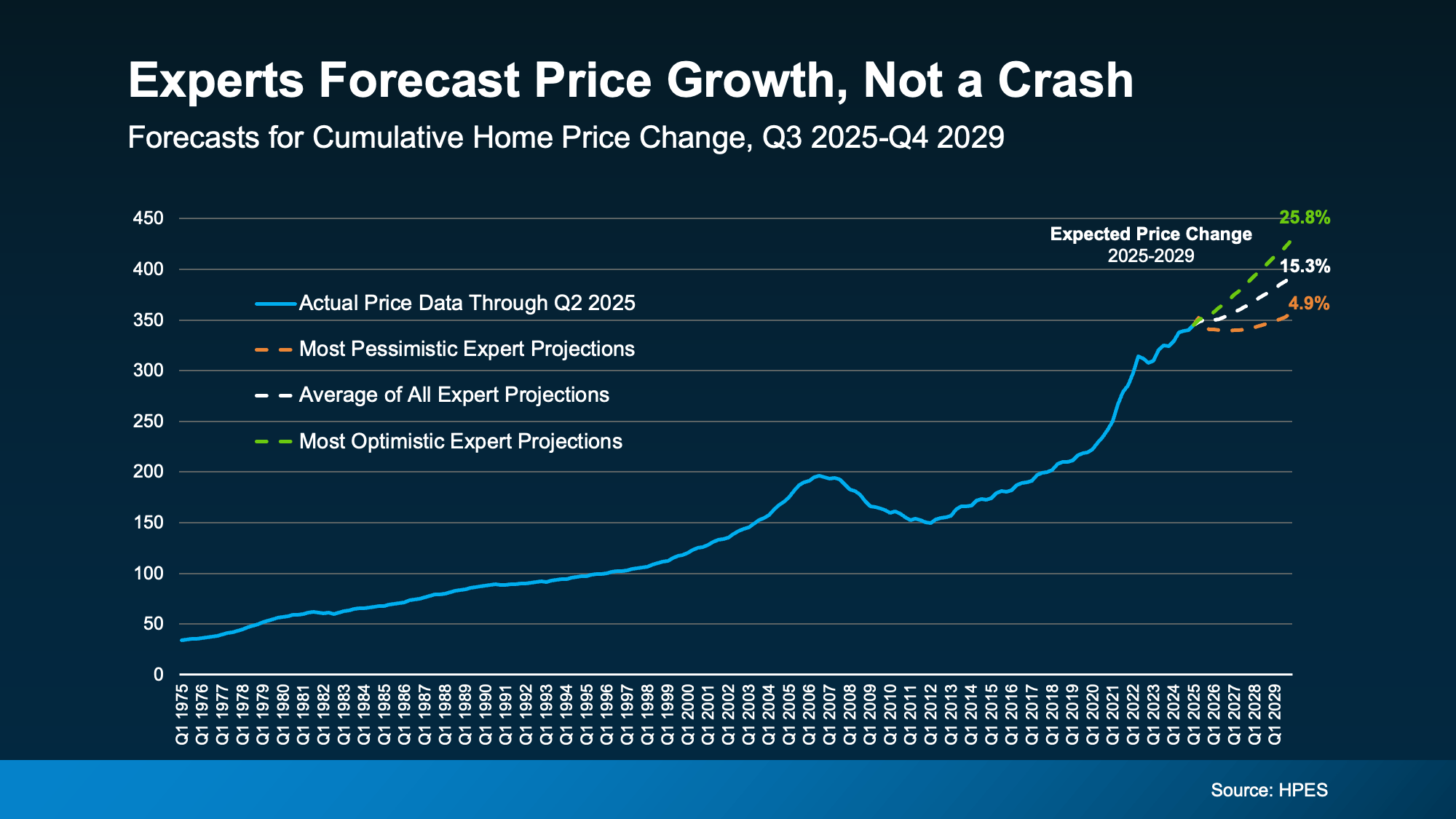
Even the most pessimistic experts predict a price increase of nearly 5% over the next several years.
Here’s the breakdown:
-
Average forecast: Home prices expected to rise about 15% by 2029.
-
Optimists: Predicting an increase of around 26%.
-
Pessimists: Still expect prices to climb by roughly 5%.
In short — no one is forecasting a housing crash. Not even the most cautious experts.
How These Forecasts Compare to a “Normal” Market
If we look at the historical context, home prices have typically risen about 4–5% per year over the past 25 years.
Now, the upcoming projections suggest 2–3.5% growth per year — which might seem modest compared to the wild price surges during 2020–2022, when home values skyrocketed by as much as 15–20% in some areas.
But here’s the key: this slower pace is a good thing.
Why? Because it signals a healthier, more balanced housing market. Those pandemic-era jumps were unsustainable — fueled by record-low mortgage rates, high demand, and an extreme shortage of available homes.
Now, things are stabilizing. Prices aren’t “crashing” — they’re simply normalizing.
Why a Housing Market Crash Isn’t Likely
So, if prices skyrocketed in recent years, doesn’t that mean they have to fall eventually? Not necessarily.
That old saying, “What goes up must come down,” doesn’t really apply to real estate. Historically, home prices tend to rise over time, even through economic ups and downs.
Here’s the biggest reason: supply and demand.
There still aren’t enough homes available for everyone who wants to buy. And despite affordability challenges — like higher mortgage rates and inflation — buyer demand continues to outpace housing supply.
This imbalance is the main reason why prices remain stable and why experts don’t see a crash coming anytime soon.
As long as there are more buyers than available homes, prices will stay under upward pressure.
The Key Difference Between Now and 2008
Many people fear another repeat of the 2008 housing crisis — but today’s market looks completely different.
Back then, the crash was triggered by risky lending practices, subprime mortgages, and a flood of foreclosures. The supply of homes far outweighed demand, causing prices to tank.
Today, lending standards are much stricter. Homeowners have more equity, and most mortgages are fixed-rate, not adjustable. That means fewer people are at risk of losing their homes if interest rates rise.
So, unlike 2008, we’re dealing with a housing shortage — not an oversupply.
The Long-Term Outlook: Slow and Steady Wins the Race
The big picture is clear:
-
Home prices are still rising.
-
The pace of growth is slower (and healthier).
-
Experts see no signs of a crash in the next five years.
That means the housing market is entering a more sustainable cycle of appreciation — one that’s not fueled by panic buying or low-rate frenzies, but by real, long-term demand.
Worried About the Economy? Don’t Be.
It’s easy to get anxious when you hear about inflation, interest rate hikes, or economic uncertainty. But historically, the housing market has proven incredibly resilient.
Over the past 50 years, we’ve seen recessions, stock market dips, oil crises — and yet, home prices have always recovered and continued to grow over time.
The market might cool temporarily, but it always bounces back stronger. And according to experts, we’re already on the road to that next phase of recovery.
The Bottom Line: It’s Not “If” Prices Will Rise — It’s “How Much”
If you’ve been waiting to buy or sell a home because you’re afraid of a crash, it’s time to look beyond the fear-driven headlines.
The facts are clear: we’re not headed for a housing collapse. Instead, we’re moving toward steady, gradual appreciation — and that’s exactly what a healthy market looks like.
So whether you’re a first-time buyer, an investor, or someone thinking about selling, the smartest move you can make right now is to get informed about what’s happening in your local market.
Ready To Make Your Move?
Don’t let the noise stop you from achieving your real estate goals.
Let’s connect today to talk about what these expert forecasts mean for you — and how you can make the most of the current housing landscape.
Because the question isn’t “Will home prices rise?” — it’s “By how much?”
Recent Posts




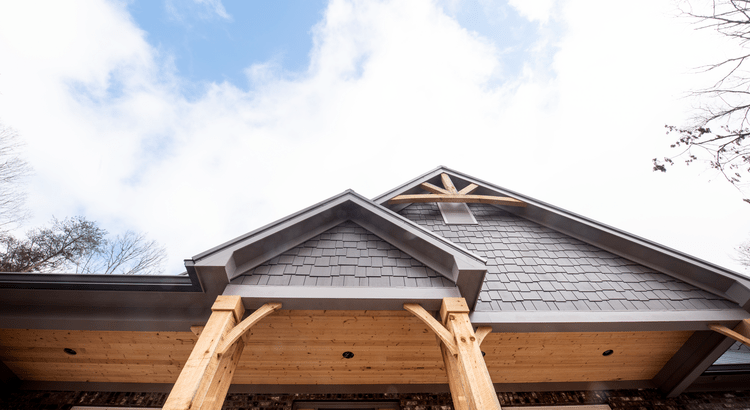


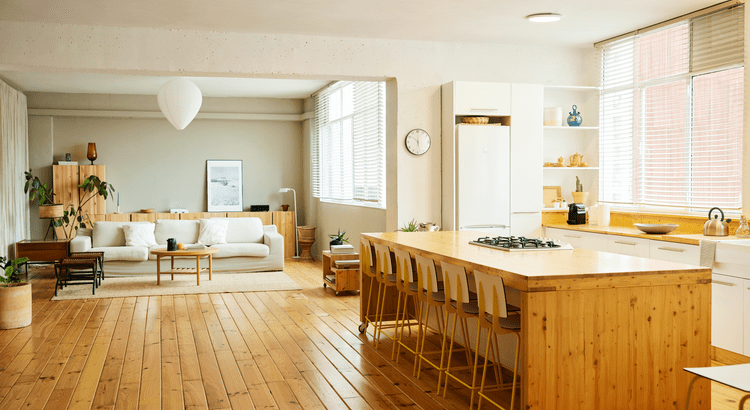

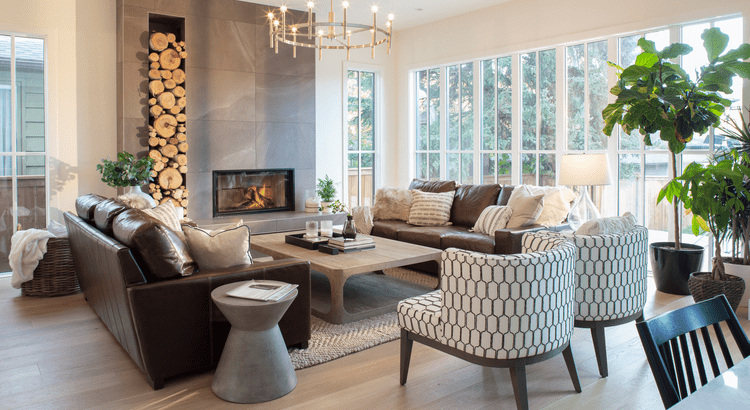
GET MORE INFORMATION
